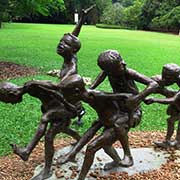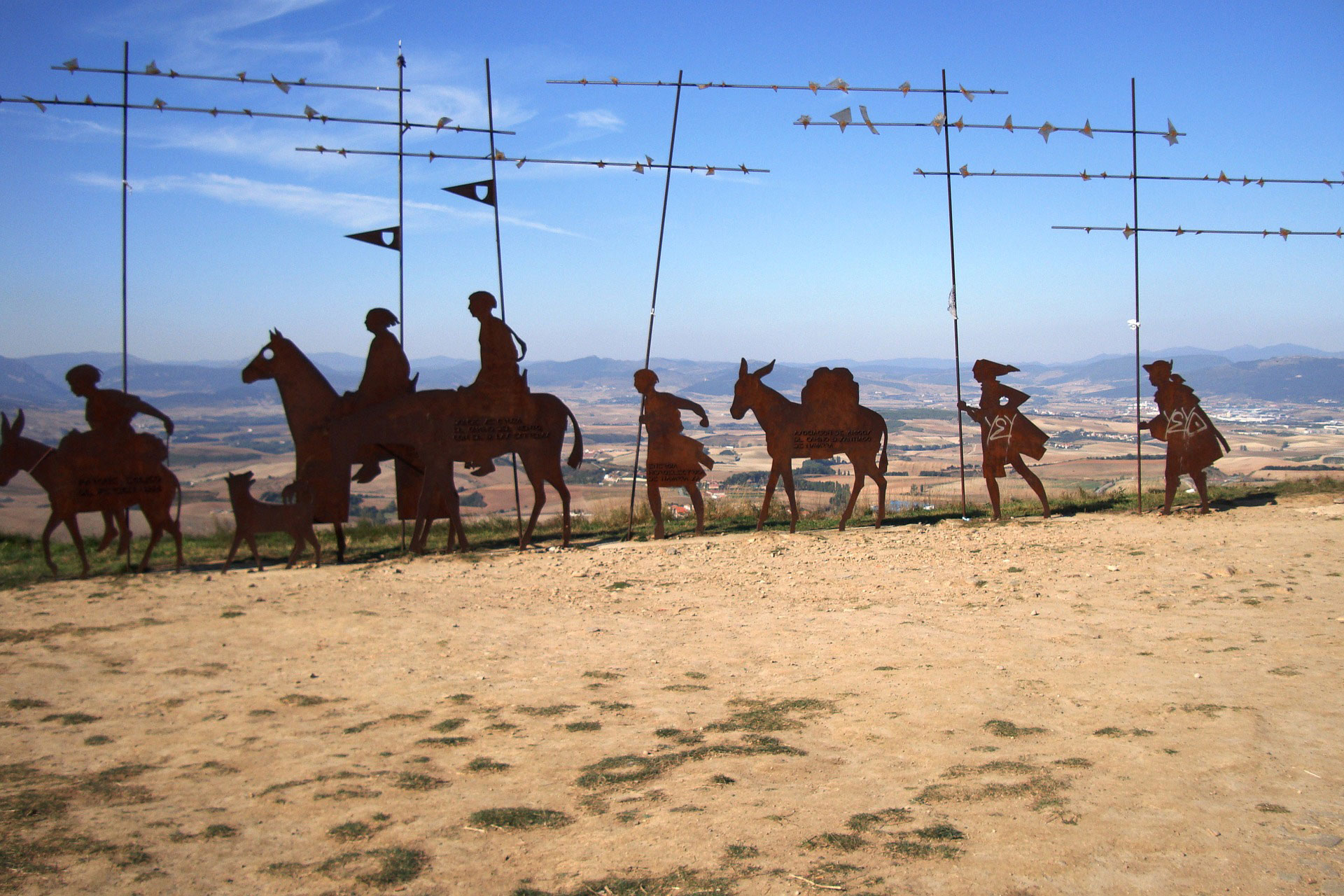

Headhunter · Executive Search · Recruiter · Spain
Madrid · Barcelona · La Coruña · Seville · Valencia
Robert Breitbach Consulting has been active in Spain as a retained and independent International Executive Search Firm, managed by its proprietor. Our focus are the technical industries of Spain.
During the last 29 years we have been able to build an award-winning search firm with a substantial partner network that gives us all the necessary resources to manage your domestic and international personnel recruiting projects.
We use all tools a modern search firm can access, such as social networks, classifieds, database and of course our valuable industry contacts. But our strong suit is DIRECT SEARCH. We leave no stone unturned to find the person who will bring your organization ahead.
Last modified: 26 July 2024
Britannica: On This Day

International phone: +49 2224 123-9332
Email: info@breitbach.com

An experiment with
Artificial Intelligence:
"Is Spain turning into a desert?"

For more than a quarter of a century, we have been gathering experience and sharing it with our clients.
Choose a consultancy that brings experience and perspective.
Expertise, personality, and values are what define our work.

Robert Breitbach Consulting is THE firm to contact when expertise on technical and executive levels is required in Spain and Europe.
Do not hesitate to contact us! Let us inform you about our recruitment process in detail and we will be pleased to provide you with references.

We have always strived for a business relationship based on partnership, being aware that we have a responsibility to represent our client's company. A solid basis of trust is essential here.
With our partners, we learn together, and we reach our goals together and thus we achieve success together.
We would like to share an article we found on www.oficinadelperegrino.com about the pilgrimage to Santiago de Compostela "Camino de Santiago":
The history of the pilgrimage to Santiago de Compostela stretches back more than 1000 years to the discovery of the body of St. James during the reign of King Alfonso II (792-842). St. James was already believed to have been the great evangelist of Spain and for many hundreds of years there had been a scholarly and literary tradition supporting this belief. The discovery of the relics of St. James then became a focal point for pilgrims. Though a few pilgrims to Santiago are recorded in the 10th century, and many more in the 11th, it was in the early 12th century, and particularly under the energetic promotion of Archbishop Diego Gelmírez (1100-1140), that Santiago came to rank with Rome and Jerusalem as one of the great destinations of medieval pilgrimage. The first Cathedral was built over the site of the tomb, and gradually houses were established, for example by monks from Cluny in Burgundy and from Aurillac in Cantal, France, along the developing pilgrimage route.

The 12th and 13th centuries are considered to have been the golden age of the pilgrimage to Santiago. Subsequently the years of the Renaissance and Reformation in Europe led to a decrease in the number of pilgrims. However pilgrims still made their way to Santiago throughout the centuries. In 1884, following academic and medical research, Pope Leon XIII issued the Bull, Deus Omnipotens, which proclaimed that the relics in Santiago were those of St. James. This is recognised as the start of the modern development of the pilgrimage.
It was thought that in the 20th Century the growth of mechanised means of transport such as cars and aeroplanes might lead to a reduction in the number of pilgrims travelling to Santiago on foot or on horseback. This was not to be the case and in the last 30 years in particular there has been a huge growth in interest and in the number of pilgrims travelling on foot, on horseback or by bicycle. Pilgrims were encouraged by the visits by Pope John Paul II in 1982 and in 1989 when World Youth Day was held in Santiago. The number of pilgrims continues to grow. In 1985 1,245 pilgrims arrived in Santiago. In the 2010 Holy Year 272,703 pilgrims qualified for the Compostela.
To read full article on www.oficinadelperegrino.com, please click on this link: The Pilgrimage to Santiago de Compostela